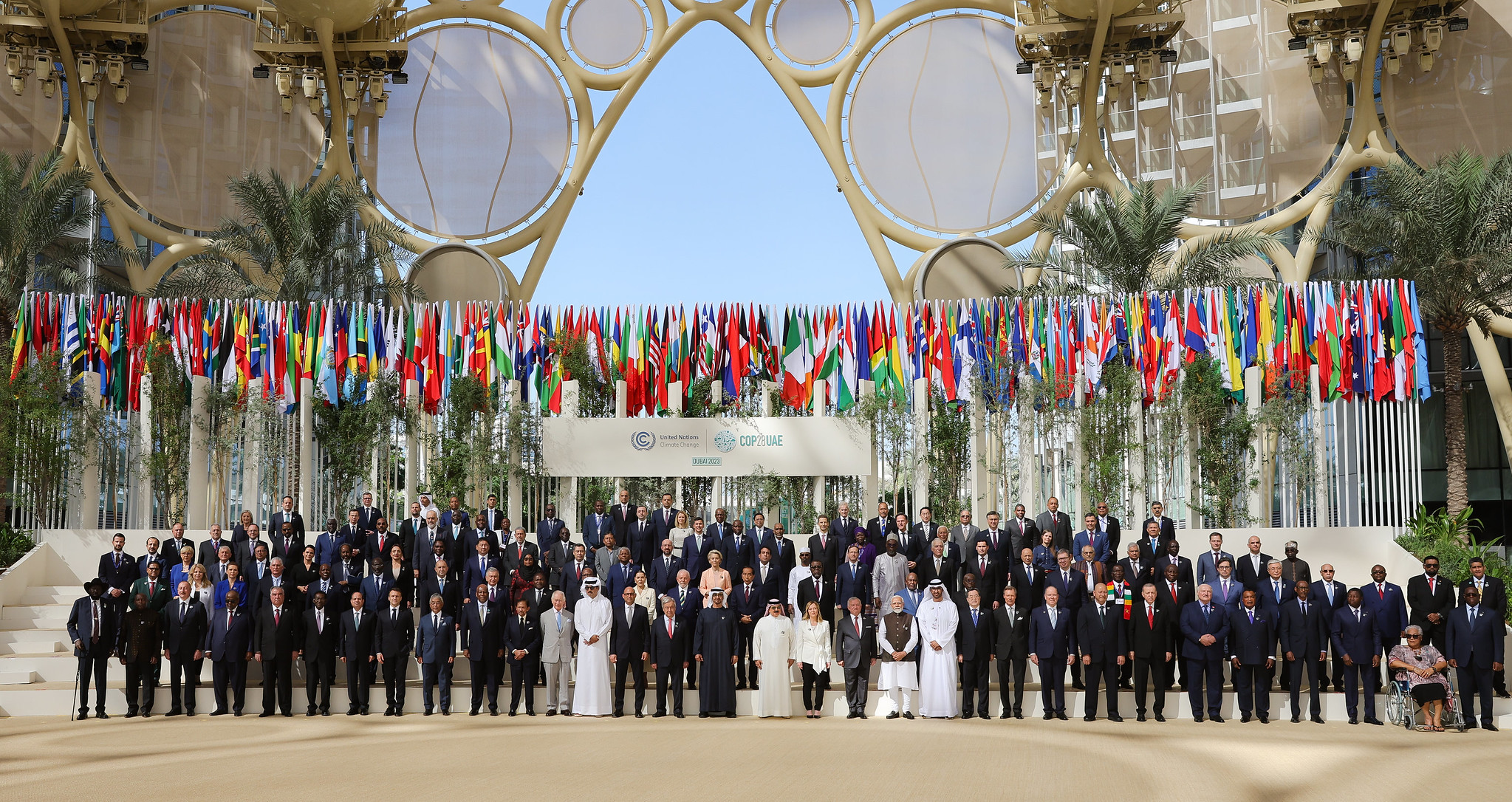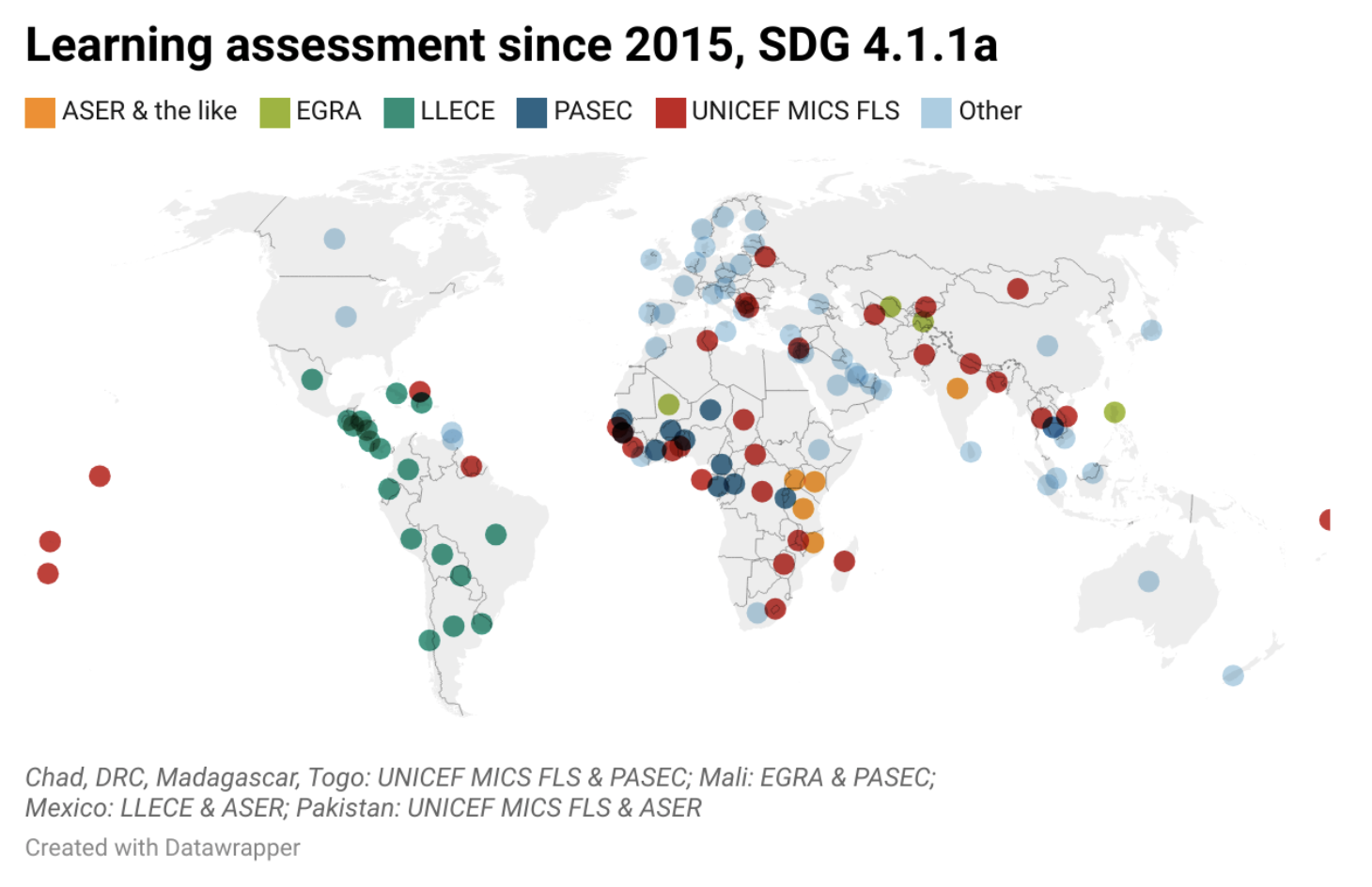Secretary General Ban Ki-moon last week named Dr. Babatunde Osotimehin of Nigeria to be the next executive director of the United Nations Population Fund (UNFPA), replacing Dr. Thoraya Obaid who held the position for 10 years. Dr. Osotimehin is a professor of medicine at Ibadan University. He served a brief time as Minister of Health in Nigeria and supported several controversial global health efforts, including polio elimination and increasing access to treatment for HIV/AIDS. He is relatively unknown in the field of population and sexual and reproductive health. He will soon be tested. Dr. Osotimehin will lead an agency that has struggled for respect amidst political demands from many sides. Funded entirely through voluntary donations, UNFPA enjoyed the support of 181 countries—a record number for any UN agency that gets only voluntary contributions—when the U.S. pulled its funding during the George W. Bush administration (as has happened during every Republican administration since Reagan). Now, in spite of Secretary of State Hillary Clinton’s vigorous support for population and women’s issues (Clinton headed the 1996 Beijing Conference on Women), it would be an understatement to say the U.S. political tide is not favorable to these issues. In addition, conservative governments and economic crises in some of UNFPA’s most stalwart supporters, such as the Netherlands and Japan, have left the agency with a shaky base of support. There are sure to be real and perceived mixed messages conveyed to UNFPA from rich countries about how aggressively it should pursue its work.Within the UN system, change is also afoot. UNFPA’s new executive director must make nice with Michelle Bachelet, head of a new UN Women’s Agency (see my colleague Nandini Oomman’s blog post for more on UN Women), even as they carve up territory that once belonged to UNFPA alone. UNICEF, under new director Tony Lake, is spreading its gospel of equity and expecting other UN agencies to become acolytes. And then there are the Millennium Development Goals … ah, the MDGs and the tardy inclusion of an indicator for UNFPA’s paramount objective: reducing unmet need for contraception. This is where Dr. Osotimehin could really shine. UNFPA leads the International Conference on Population and Development program of action, also known as the “Cairo Agenda,” which includes ensuring universal access to contraception. Although contraception is inexpensive and should be universally available to women who want it, in 2003 there were an estimated 75 million unplanned pregnancies in the developing world associated with the deaths of almost 200,000 women and nearly two million children. In addition, the world is projected to grow by more than two billion people in the coming four decades—half of that increase will occur in Africa. How Dr. Osotimehin and UNFPA perform in the next few years can literally be the key to achieving an “African miracle” if slower population growth can be converted to faster economic growth, along the lines of the “Asian miracle” of the 1980s.Since Africa is the epicenter of high fertility rates, high unmet need for contraception, and excess maternal deaths, Secretary-General Ban Ki-Moon with this appointment has made a clear choice to spotlight those issues. In its attention to the roles and needs of women, this choice is entirely consistent with Ban’s championing of the new UN Women’s Agency earlier this year and his new initiative on maternal, newborn, and child health.UNFPA has never been the most popular UN agency. It accepts with grim determination its responsibility for improving people’s abilities to deal with awkward issues such as sex and procreation, but times are changing. Even the word “population,” which had been tagged as a code word for coercive family planning programs, has become an acceptable component of development debates. Serious attention to international population issues is intensifying, driven in part by the convergence of three major milestones in the UN’s development agenda. The International Conference on Population and Development and its subsequent Program of Action, the Millennium Development Goals, and the Beijing Platform for Action from the Fourth World Conference on Women are each set to expire in 2015, and all are under review and possible reincarnation. If UNFPA is to capitalize on these moments—seeing them as opportunities rather than threats—its new executive director will need to focus the agenda, work well with partners (especially the new agency on the block), and show donors that UNFPA is indispensable to their strategies for Africa, women, and children.The next few months will reveal whether Dr. Osotimehin is worthy of the high-wire balancing act required in his new role. The winds are gusting fiercely in many directions. Along with David Bloom from Harvard and Jotham Musinguzi from Partners in Population and Development, I co-chair a CGD Working Group on UNFPA’s role in international population and reproductive health and rights. With an international group of 21 experts on population and development, we are working to identify “what’s next” for UNFPA and provide the new executive director with an unvarnished and explicit set of recommendations for steering the agency—and the entire UN—toward solid footing and greater relevance and effectiveness on population, reproductive health, and development issues. We will soon post a consultation draft report on CGD’s website and welcome comments and feedback, so watch this space.
This is where Dr. Osotimehin could really shine. UNFPA leads the International Conference on Population and Development program of action, also known as the “Cairo Agenda,” which includes ensuring universal access to contraception. Although contraception is inexpensive and should be universally available to women who want it, in 2003 there were an estimated 75 million unplanned pregnancies in the developing world associated with the deaths of almost 200,000 women and nearly two million children. In addition, the world is projected to grow by more than two billion people in the coming four decades—half of that increase will occur in Africa. How Dr. Osotimehin and UNFPA perform in the next few years can literally be the key to achieving an “African miracle” if slower population growth can be converted to faster economic growth, along the lines of the “Asian miracle” of the 1980s.Since Africa is the epicenter of high fertility rates, high unmet need for contraception, and excess maternal deaths, Secretary-General Ban Ki-Moon with this appointment has made a clear choice to spotlight those issues. In its attention to the roles and needs of women, this choice is entirely consistent with Ban’s championing of the new UN Women’s Agency earlier this year and his new initiative on maternal, newborn, and child health.UNFPA has never been the most popular UN agency. It accepts with grim determination its responsibility for improving people’s abilities to deal with awkward issues such as sex and procreation, but times are changing. Even the word “population,” which had been tagged as a code word for coercive family planning programs, has become an acceptable component of development debates. Serious attention to international population issues is intensifying, driven in part by the convergence of three major milestones in the UN’s development agenda. The International Conference on Population and Development and its subsequent Program of Action, the Millennium Development Goals, and the Beijing Platform for Action from the Fourth World Conference on Women are each set to expire in 2015, and all are under review and possible reincarnation. If UNFPA is to capitalize on these moments—seeing them as opportunities rather than threats—its new executive director will need to focus the agenda, work well with partners (especially the new agency on the block), and show donors that UNFPA is indispensable to their strategies for Africa, women, and children.The next few months will reveal whether Dr. Osotimehin is worthy of the high-wire balancing act required in his new role. The winds are gusting fiercely in many directions. Along with David Bloom from Harvard and Jotham Musinguzi from Partners in Population and Development, I co-chair a CGD Working Group on UNFPA’s role in international population and reproductive health and rights. With an international group of 21 experts on population and development, we are working to identify “what’s next” for UNFPA and provide the new executive director with an unvarnished and explicit set of recommendations for steering the agency—and the entire UN—toward solid footing and greater relevance and effectiveness on population, reproductive health, and development issues. We will soon post a consultation draft report on CGD’s website and welcome comments and feedback, so watch this space.
Disclaimer
CGD blog posts reflect the views of the authors, drawing on prior research and experience in their areas of expertise. CGD is a nonpartisan, independent organization and does not take institutional positions.





